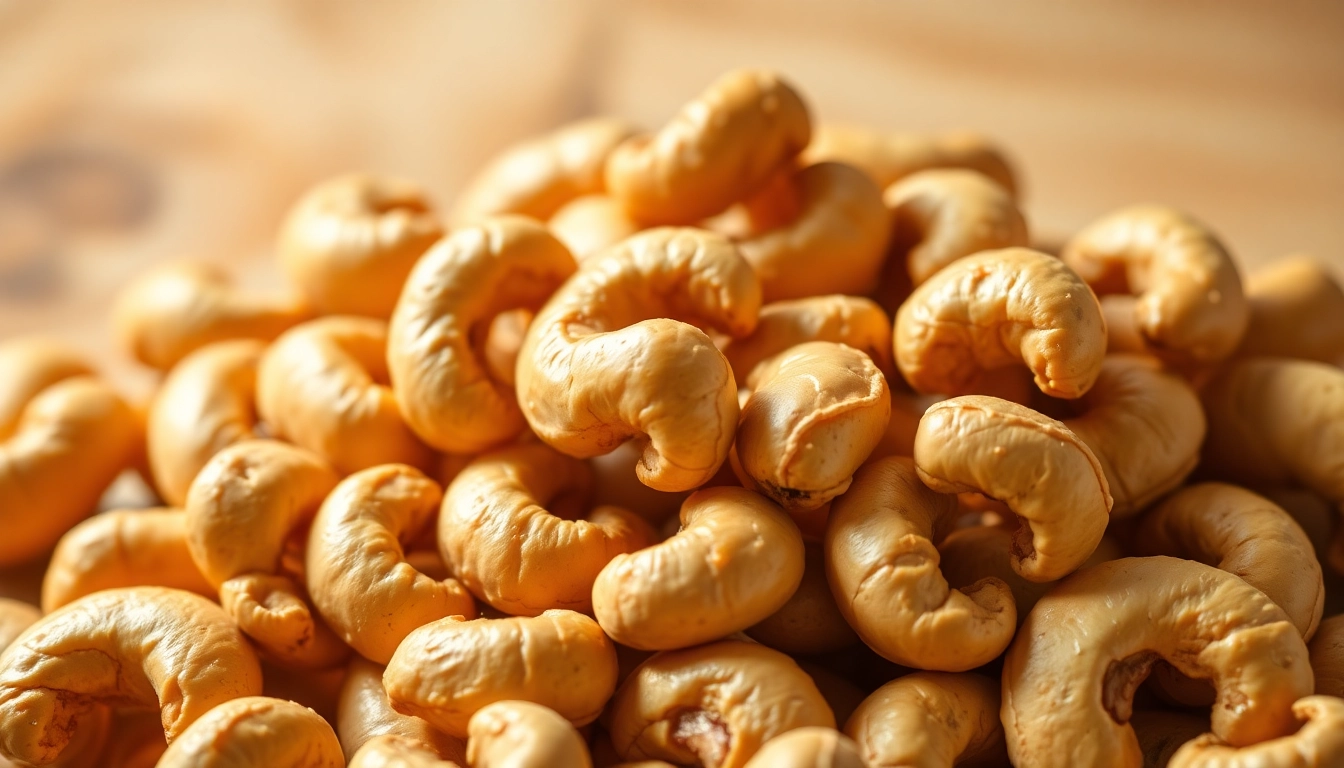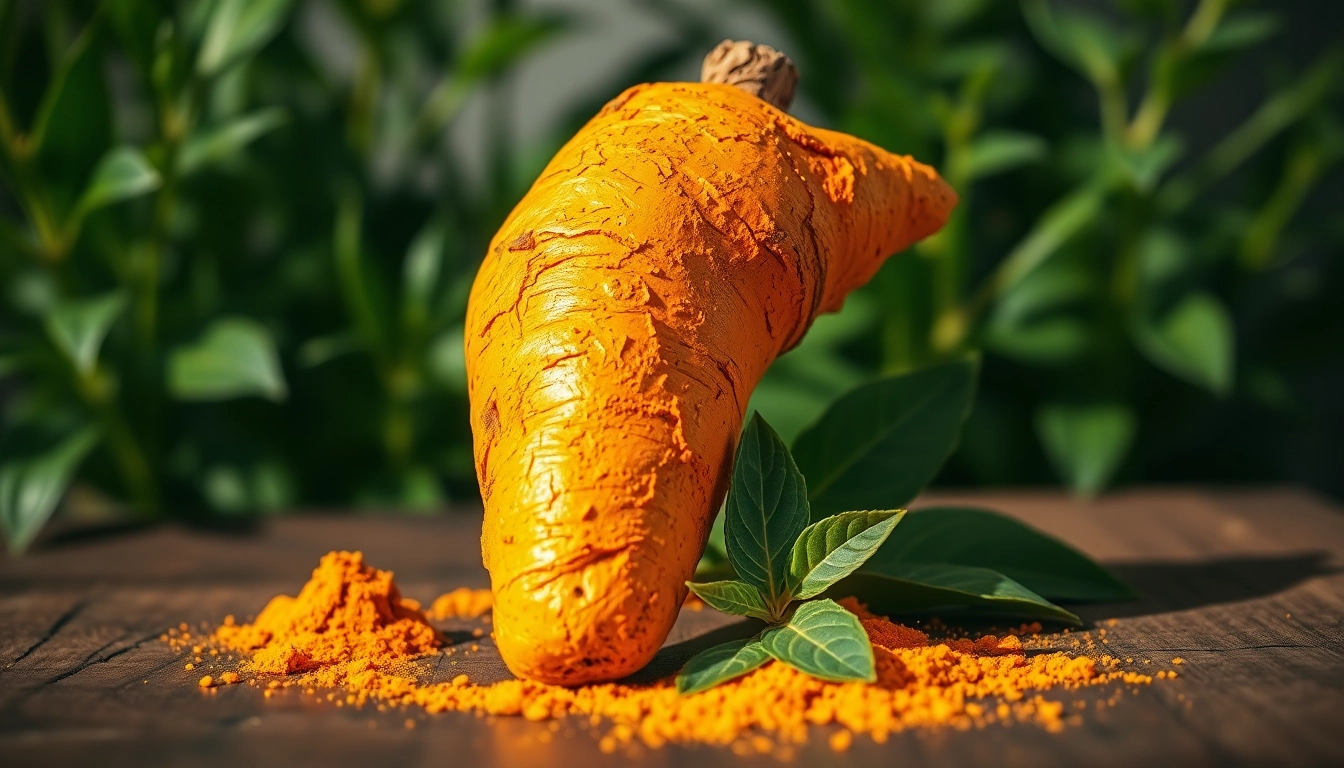Introduction to Cashew Nuts
Cashew nuts are not just a delightful snack; they are a source of various health benefits and culinary versatility. Emerging from the cashew tree, scientifically known as Anacardium occidentale, these kidney-shaped seeds are rich in flavor and nutrition. Often referred to as a nut in culinary contexts, cashews are technically seeds of the cashew fruit, making them an intriguing topic for discussion. In this comprehensive guide, we will delve deep into the history, nutritional profile, health benefits, and a plethora of culinary applications associated with cashew nuts.
What Are Cashew Nuts?
Cashew nuts are unique in that they originate from the cashew apple, which is a tropical fruit native to Brazil and widely cultivated in various tropical regions around the world. The nut is encased in a hard shell that also contains anacardic acid, a toxic substance that is removed during processing. Once removed from the shell, cashews exhibit a buttery, rich flavor, making them a popular choice in both raw and roasted forms. They are commonly enjoyed on their own or as part of a larger culinary dish.
History and Origins of Cashew Nuts
The history of cashew nuts dates back to the indigenous people of Brazil, where they were used both as food and medicine. The nut became widely known when Portuguese explorers took it to India during the 16th century. Today, Vietnam, India, and the Ivory Coast are the top producers of cashew nuts, contributing significantly to the global market. Cashews were initially used for their medicinal properties before they gained popularity as a snack and cooking ingredient.
Culinary Uses of Cashew Nuts
Cashew nuts are remarkably versatile. They can be enjoyed raw or roasted, salted or unsalted. Whether snacking on them directly, adding them to savory dishes, or even using them to create dairy alternatives such as cashew cheese or butter, the culinary applications are vast. Their creamy texture makes them an excellent ingredient in vegan recipes, providing a rich mouthfeel that mimics the taste and texture of dairy products.
Nutritional Profile of Cashew Nuts
Macro and Micronutrient Breakdown
Cashew nuts are nutritionally dense, packed with essential vitamins and minerals. A typical serving of 1 ounce (28 grams) contains approximately:
- Calories: 157
- Protein: 5 grams
- Fat: 12 grams (mostly healthy monounsaturated fats)
- Carbohydrates: 9 grams
- Fiber: 1 gram
- Vitamins and minerals: A good source of magnesium, copper, phosphorus, and manganese.
This impressive nutrient profile highlights cashews as a beneficial food choice when consumed in moderation.
Comparative Analysis: Cashew Nuts vs. Other Nuts
When comparing cashew nuts to other popular nuts, such as almonds and walnuts, several differences emerge. Cashew nuts offer higher iron content than almonds, making them particularly beneficial for those who struggle with iron deficiency. However, almonds are richer in vitamin E and fiber. In contrast, walnuts provide more omega-3 fatty acids, essential for heart health. Understanding these differences can aid individuals in selecting the right nut for their dietary needs.
Serving Sizes and Caloric Content
The recommended serving size for cashew nuts is about 1 ounce or 28 grams. This serving size provides the ideal balance of nutrients without excessive caloric intake. It’s important to manage portion sizes, as it is easy to overconsume due to their delicious taste. For effective weight management, it’s beneficial to incorporate cashew nuts into a balanced diet, keeping overall caloric intake in mind.
Health Benefits of Cashew Nuts
Cardiovascular Health and Cholesterol
Cashew nuts are an excellent source of unsaturated fats, which can help improve blood cholesterol levels. Studies have shown that the regular consumption of cashew nuts can lower LDL (bad cholesterol) and raise HDL (good cholesterol), promoting overall heart health. Additionally, the presence of antioxidants and phytosterols in cashews contributes to reducing inflammation and protecting against chronic heart diseases.
Bone Health: The Role of Cashew Nuts
Cashew nuts are rich in minerals crucial for maintaining strong bones, including magnesium, phosphorus, and copper. Magnesium plays a significant role in bone density by aiding in calcium absorption. Regular consumption of cashew nuts can thus contribute to better bone health and potentially reduce the risk of osteoporosis, especially in postmenopausal women.
Weight Management and Satiety with Cashew Nuts
Including cashew nuts in a balanced diet can aid in weight management due to their satiating properties. Their combination of healthy fats, protein, and fiber enhances feelings of fullness and can help prevent overeating. Snacking on a small serving of cashew nuts can keep hunger at bay and provide sustained energy throughout the day.
Culinary Applications of Cashew Nuts
Adding Cashew Nuts to Your Daily Diet
Incorporating cashew nuts into daily meals can be both enjoyable and beneficial. They can be sprinkled on salads for added crunch, blended into smoothies for creaminess, or used as a topping for various dishes. Focus on integrating cashew nuts creatively, ensuring they complement the overall nutritional profile of meals.
Cashew Nut Recipes: Snack Ideas and Meals
Here are some easy and delicious recipes featuring cashew nuts:
- Cashew Cream Sauce: Soak raw cashews overnight, then blend with nutritional yeast, garlic, and lemon juice for a creamy vegan alternative to dairy sauces.
- Spiced Cashew Nuts: Toss roasted cashews with olive oil, sea salt, and spices like paprika or cayenne for a zesty snack.
- Cashew Chicken Stir-Fry: Stir-fry vegetables and diced chicken, adding cashew nuts at the end for a lovely crunch.
The Versatility of Cashew Nuts in Vegan Cooking
In vegan cooking, cashew nuts are a powerhouse ingredient. They can be transformed into cheese, used as a thickening agent in soups, and serve as a base for various dessert recipes. For example, making cashew cheese involves soaking cashews, blending them with nutritional yeast and herbs, and adjusting the consistency with water or lemon juice. This unique characteristic makes cashew nuts a staple in many plant-based diets.
Frequently Asked Questions about Cashew Nuts
Are Cashew Nuts Safe for Everyone?
While cashew nuts offer numerous health benefits, they are generally safe for most people. However, individuals with tree nut allergies should avoid cashews as they can cause allergic reactions. Always consult a healthcare professional if you are uncertain about dietary restrictions.
Can Cashew Nuts Be Eaten on a Diet?
Absolutely! Cashew nuts can be part of a healthy diet when consumed in moderation. Their nutrient density provides essential vitamins and minerals while promoting satiety, making them an excellent snack for those looking to manage their weight.
Are There Any Allergies Related to Cashew Nuts?
Yes, cashew nuts can trigger allergies in some individuals, particularly those with existing tree nut allergies. Symptoms may include hives, swelling, or even anaphylaxis in severe cases. It’s crucial for those who are allergic to nuts to read labels carefully and avoid products containing cashews.


